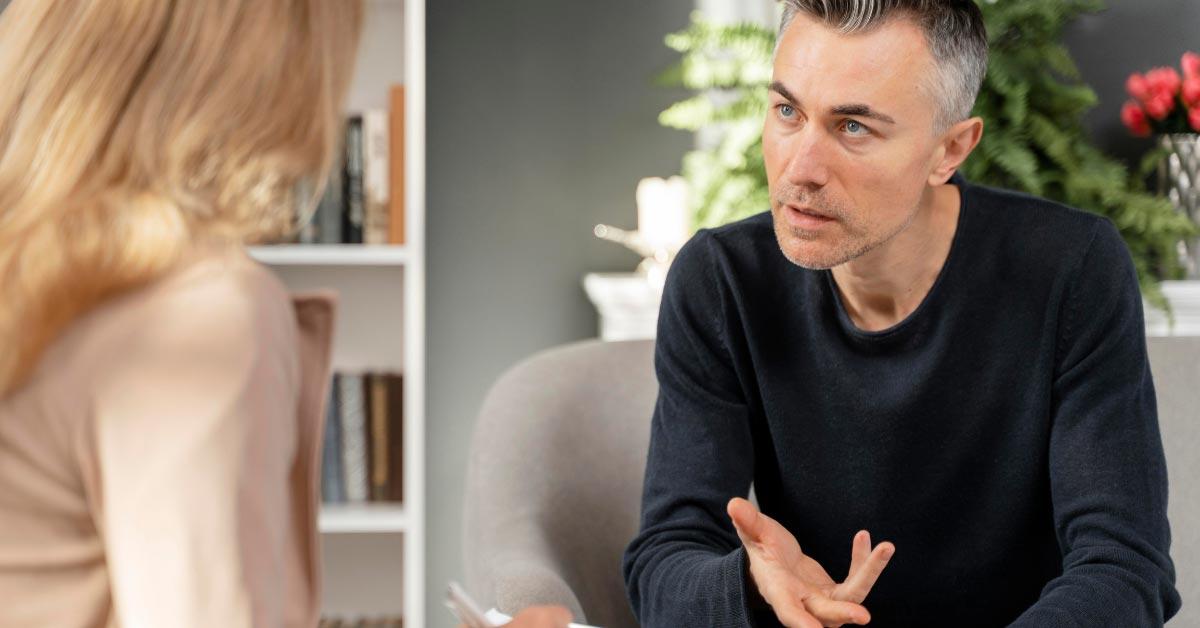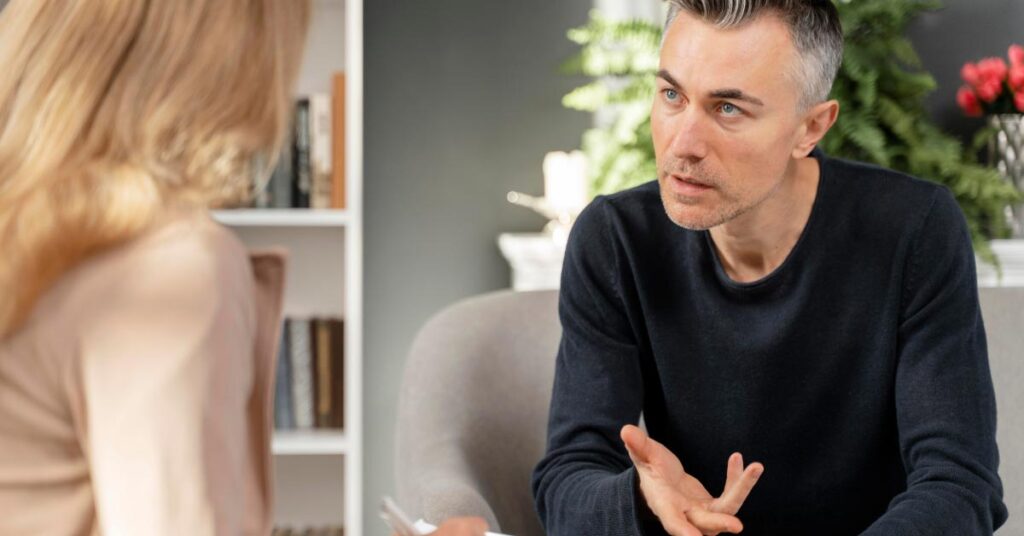Coping With Cravings While Sober
To conquer cravings for drug and alcohol use, one must recognize what precedes them and how to stop them from attacking.
There is no guaranteed method to avoid cravings for someone in recovery from substance use disorder. It is hard to predict when a strong desire for addictive substances can manifest, as it can sometimes be rarely or often. Still, cravings will always be more frequent in the early stages of recovery.
For that reason, many people give in to cravings when they are in detox or during their first few weeks of sobriety. However, cravings can be intense at any stage of recovery, and there are proven ways to get through them without relapsing.
Even though sober people can attain many years and decades of abstinence, there will be times when cravings arise.

Why Do Cravings Happen for People in Recovery?
To conquer cravings, one must recognize what precedes them. The circumstances that cause a craving can be called ‘triggers.’ Every individual will have their own set of triggers. For example, spending time with a person from the past where the relationship was challenging is a common scenario that can push a person to want and or feel the need to ingest a substance to feel better. Then there are situations where the person enters a former neighborhood where they drugged or regularly drank, causing flashbacks. Other conditions that are known to cause cravings to include:
- Being in the presence of drug users or alcohol drinkers
- Losing a job or other important responsibility
- Fighting with a friend, relative, or spouse
- Experiencing physical illness
Is Hungry, Angry, Lonely, Tired (H.A.L.T.) Medically Accurate?
The addiction medical community has relied on the acronym HALT for decades. Each letter and its corresponding word is centered on physical health and mental well-being; therefore, HALT is medically relevant. In addition, each word in the acronym causes higher levels of stress hormones which causes anxiety, discomfort, and depression.
People in recovery once relied on drugs and alcohol to help them reduce those feelings. The adverse effects from not eating enough, becoming upset or angry, feeling isolated and alone, and not getting enough sleep will raise the stress hormone levels and prompt them to escape with drugs and alcohol to feel better.
“Stress is a well-known risk factor in the development of addiction and addiction relapse vulnerability” (National Institutes of Health)
Are Cravings A Sign of Upcoming Relapse?
Cravings and relapse do not necessarily go together. Many people in long-term recovery may not experience a craving the same way as someone newer. People with many years of recovery may have times when they miss using or drinking or its lifestyles. This can cause a longing for ‘the good ole days,’ similar to a craving once it has evolved and is nearing a relapse. Yet, people with less clean time under their belt will have a much harder time separating the truth about how harmful their drinking and drugging was versus a person who has acquired some distance in their life from those times.
Only about 2.5 % of people who quit using drugs and drinking attain five years of abstinence from addiction.
What Drugs Cause the Worst Cravings?
Cravings for substances will be more severe depending on the type. The substances that will cause physical cravings and intense emotional/mental urges to use or drink cause physical dependency. Opioids, alcohol, and benzodiazepines cause physical withdrawal symptoms. This includes heroin, fentanyl, prescription pain killers, Xanax, Valium, Ativan, Klonopin, etc., and alcohol.
The types of medical intervention necessary for these physically addicting substances are called medication-assisted treatments (M.A.T.). Withdrawing from alcohol, benzodiazepines, opioids, and many other drugs meth, cocaine, marijuana, ecstasy, will require medications and medical monitoring.
Does Medication-Assisted Treatment Help With Cravings?
A treatment center or medication-assisted treatment providing office will rely on established pharmacotherapies (addiction medications) that improve a person’s chances of remaining clean and sober. MATS are not counseling but complement therapy and other evidence-based forms of psychotherapy.
When combined with inpatient and outpatient addiction treatment programs, they can effectively stop drug use and addiction, but they do not cure addiction. Instead, people can get help for their addiction through a broad spectrum of mental health and behavioral therapies accompanying many M.A.T. programs.
Cognitive-behavioral therapy, dialectical behavioral therapy, and motivational interviewing are recommended therapy types completed in a M.A.T.
Do Addiction Medical Specialists Recommend MAT?
The Substance Abuse and Mental Health Services Administration recommends M.A.T to help a person achieve a drug and alcohol-free life.
Using medication to treat substance use disorders is often referred to as Medication-Assisted Treatment (M.A.T.). Here, medication is used with counseling and behavioral therapies. Medications can reduce the cravings and other symptoms associated with withdrawal from a substance by occupying receptors in the brain associated with using that drug. M.A.T. has been primarily used to treat opioid use disorder but is also used for alcohol use disorder and the treatment of some other substance use disorders. (SAMHSA)
Natural Ways of Combating Cravings
One of the best ways to cope with drug or alcohol cravings is to emphasize physical, mental, and emotional health. This means eating healthy foods, exercising, engaging in stress reduction practices like yoga, meditation, hiking, and socializing with others in recovery to have fun. The principal activator of craving is stress and other situations that cause the person to experience negative feelings. Other tactics to curb cravings include:
- A sugary treat most often reduces drug and alcohol cravings because sugar is a dopamine releaser, much like alcohol and drugs.
- Journaling can also help end cravings and prevent them from recurring as often.
- Receiving behavioral therapy and counseling to control thought patterns that lead to unwanted feelings that lead to cravings
Evoke Waltham Places Priority on Preventing Relapse
The goal of remaining in recovery long-term is to prevent a relapse long before it occurs. The journey to recovery from addiction is a lifelong experience that requires attention and commitment. However, a successful recovery is rewarding and transcends what most addicts or alcoholics ever imagined their lives would become.
To help prevent a relapse, the On Call treatment center provides relapse prevention treatments holistic therapy and encourages spiritual growth. We have the experience and expertise to prevent relapse, which is why our solid success rates exist. Getting clean and sober is essential while achieving peace of mind to enjoy being clean and sober.


